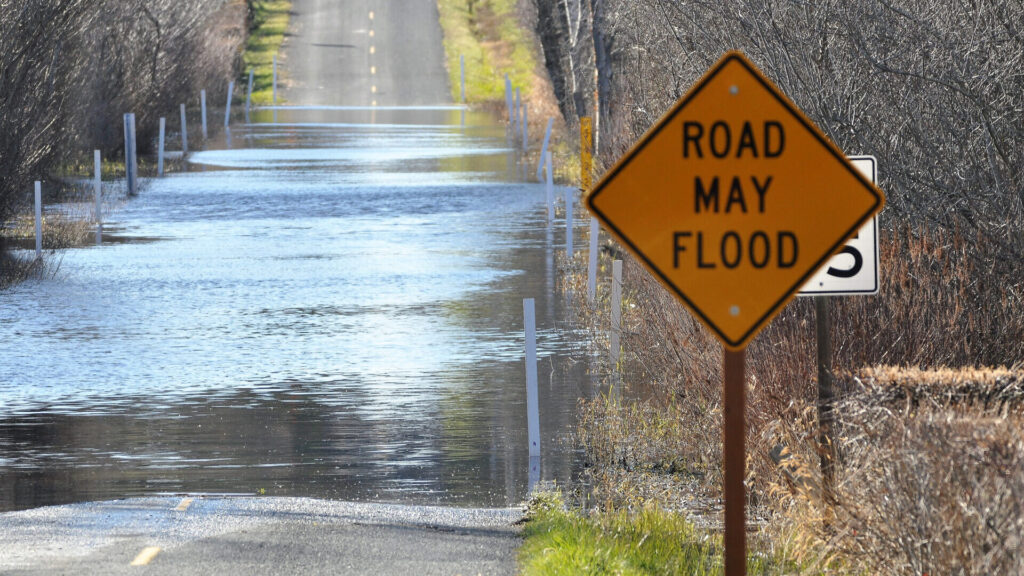
Climate change – a multifaceted challenge interwoven with social, economic, and environmental dimensions – defies simplistic solutions.
Despite global efforts, the pursuit of sustainability has fallen short, hindered by a narrow technical focus. This limited perspective has impeded the development of integrated, context-specific solutions.
In response, “Advancing Cultural Heritage for Climate Adaptation (AGREE)” champions transformative sustainability, emphasising interdisciplinary methodologies and societal shifts. It explores the intricate link between cultural heritage governance, climate adaptation, and community resilience, rooted in responses to flooding in urban contexts.
AGREE promotes the Historic Urban Landscape (HUL) concept for integrative decision-making in climate adaptation, considering community resilience amidst environmental changes. An interactive Geographic Information System (GIS) platform will illuminate this interplay over time.
An innovative contribution produced from the project is a decision-making model grounded in the HUL paradigm. This model juxtaposes current national and local policies enabling cultural heritage integration in climate adaptation with historical data sources revealing urban resilience lessons and changes in the built environment over time.
AGREE employs transformative governance concepts to evaluate decision-makers’ comprehension of these synergies and their perspectives.
It advances transformative climate adaptation by uncovering potentials and barriers within heritage governance in case studies from the UK, Norway, and Italy.
Beyond research, AGREE will shape policies with multi-scalar and cross-sectoral governance, interpreting climate intricacies through cultural heritage. It will strengthen global, national, and local heritage-focused climate strategies through partnerships with the British Council, the International Centre for the Study of the Preservation and Restoration of Cultural Property (ICCROM), and the UK’s Department for Culture, Media, and Sport (DCMS), and local stakeholders, such as Hull City Council (UK) and Innlandet Region (Norway).
AGREE also engages the public, raising climate adaptation awareness and mobilizing collective action, benefiting governmental climate efforts.
